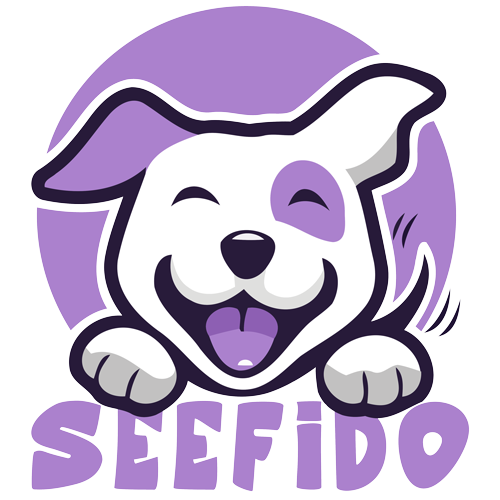Uncategorized
Acupuncture for Dog: Natural dog health care
A Futuristic Alternative: Throughout history’s scientific developments, ancient medicinal practices such as acupuncture, had “worked” for centuries in the healing process of both human and animals were left behind and replaced for new, more modern methods. However, nowadays, more and more veterinarians (as well as doctors) start to acknowledge the benefit of ancient methods, specially those that put in practice the use of different herbs that were known before as “medicine” and “healing”. Countries like France, Great Britain, Portugal, Germany, Belgium, Switzerland, among others have, in the most modern veterinary clinics, acupuncture, aromatherapy, homeopathy, shiatsu, amongst other methods that rely on the called “natural veterinary practices”. Why? It’s a perfectly reasonable question to ask, and the answer is very simple. Most millenary practices have the advantage that the ingredients they use don’t have any side effects whatsoever for the ill one. Although this natural dog health care, is also true that using these methods the healing process and the recovery after such usually takes longer than by using conventional and modern medical practices, but once the healing is done, it’s radically gone, complete, definitively, and it causes no more problems in the patient’s future, whereas conventional practices don’t ensure this results.
Acupuncture points in a Dog: All experts agree that 30 points in the dog’s body, 30 essential points, are just what the animal needs in order to treat most habitual pains that affect its health. However, this doesn’t mean that in one session all 30 points are treated, the professional usually deals with 5 to 7 points (or even less) per session. Curiously enough, even the most nervous specimens and those excessively hyperactive tend to accept with great tranquility the sessions and usually relax enough that even when they may be standing during the first minutes, they fall on their stomachs soon enough. This should give you a pretty good idea on how beneficial acupuncture is, in this case, for animals, but also for people.

